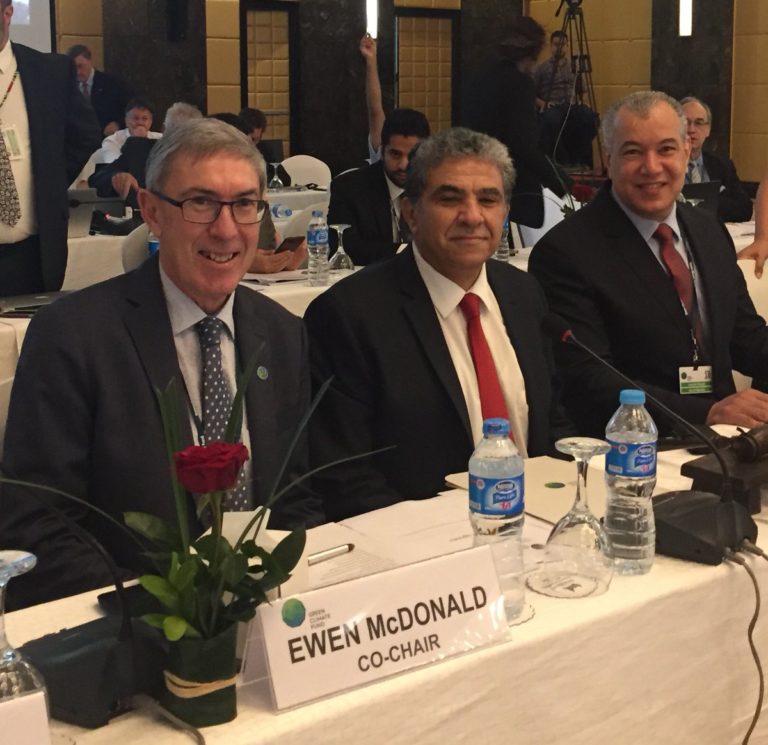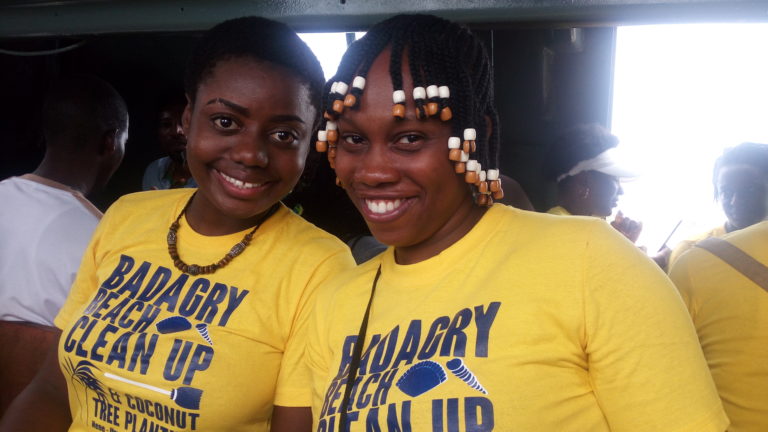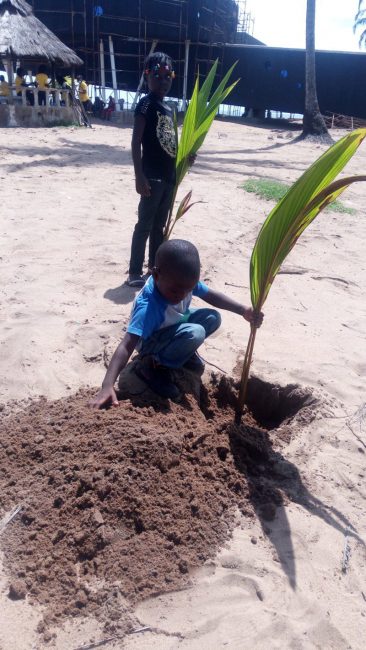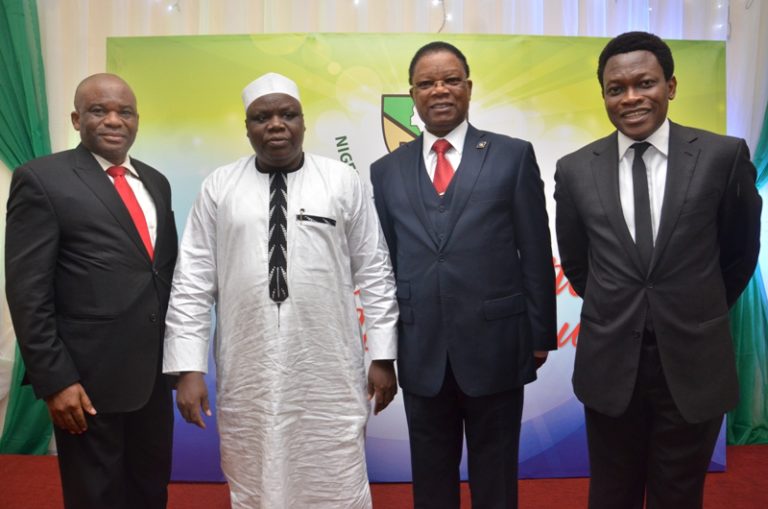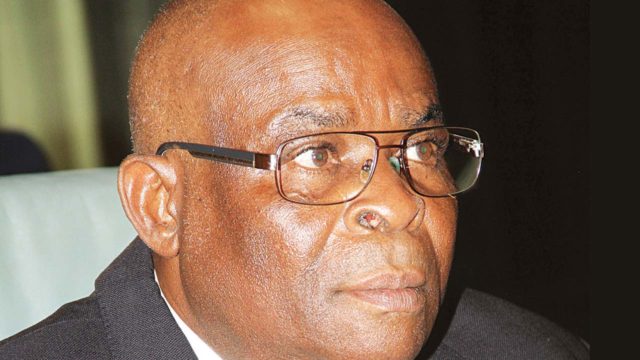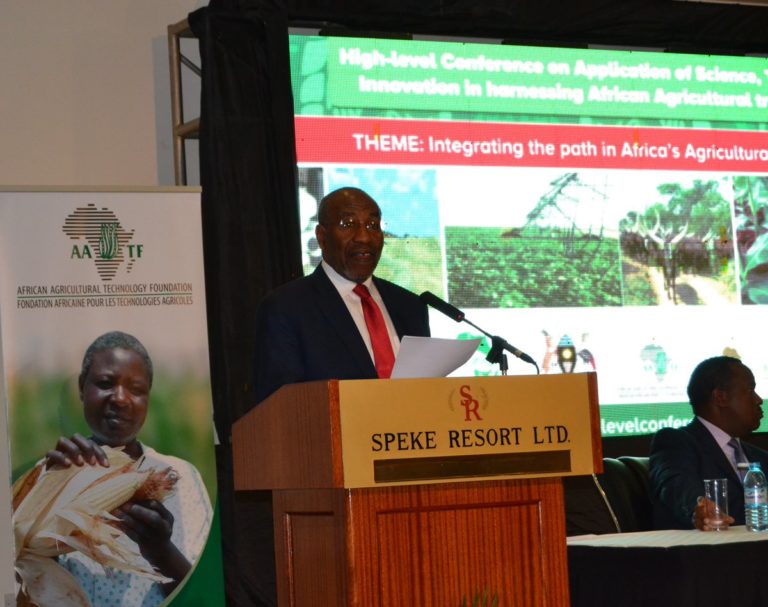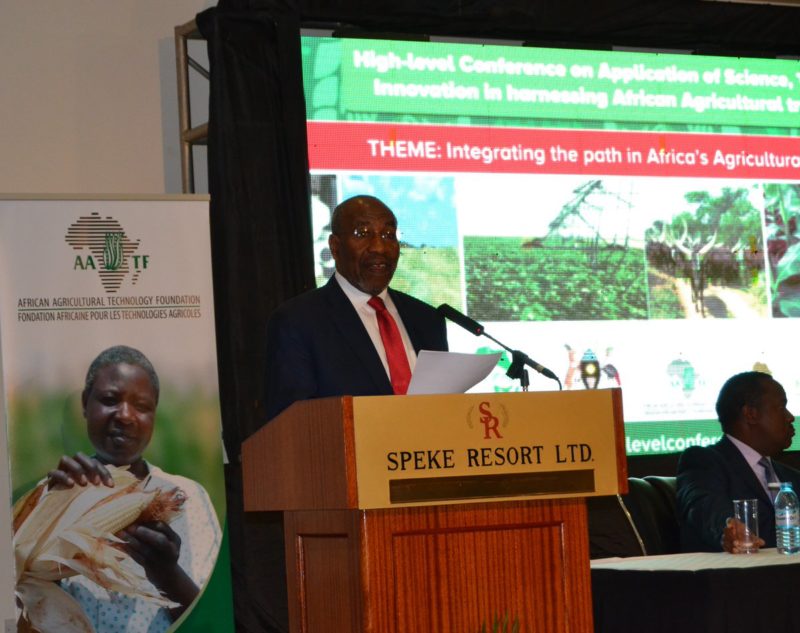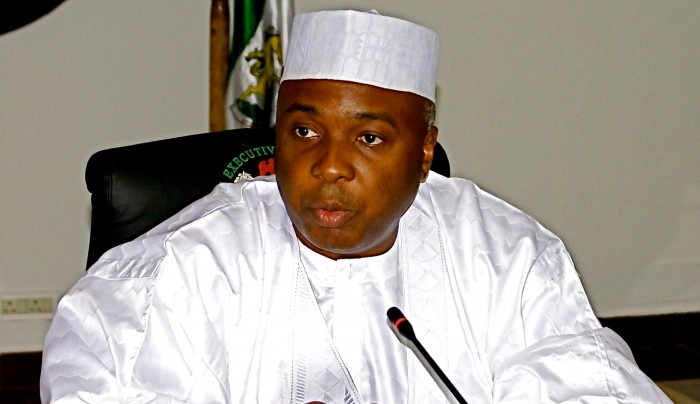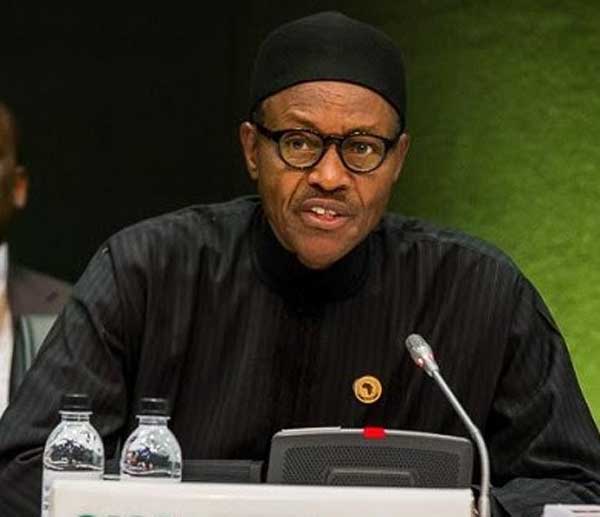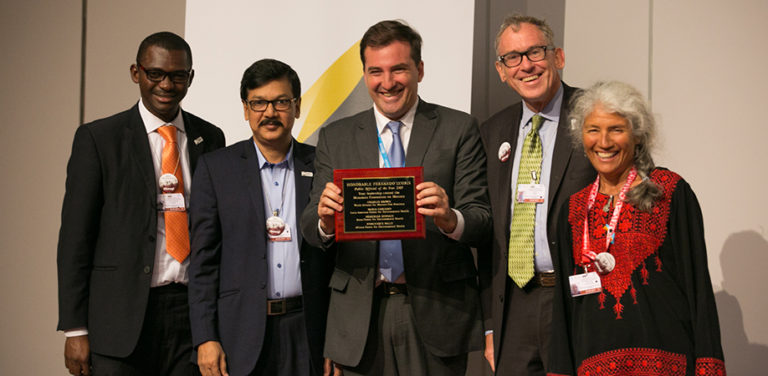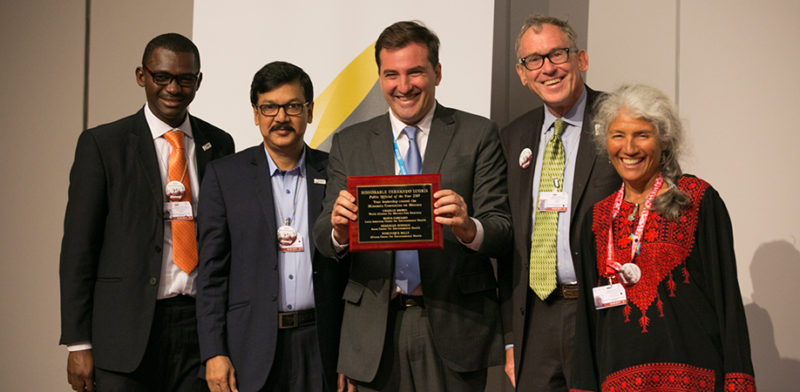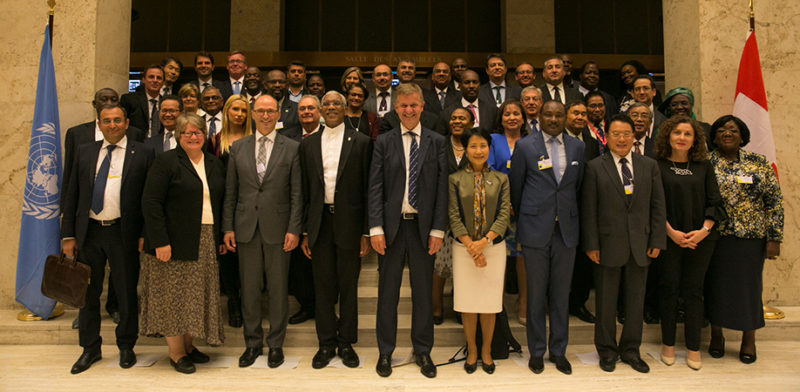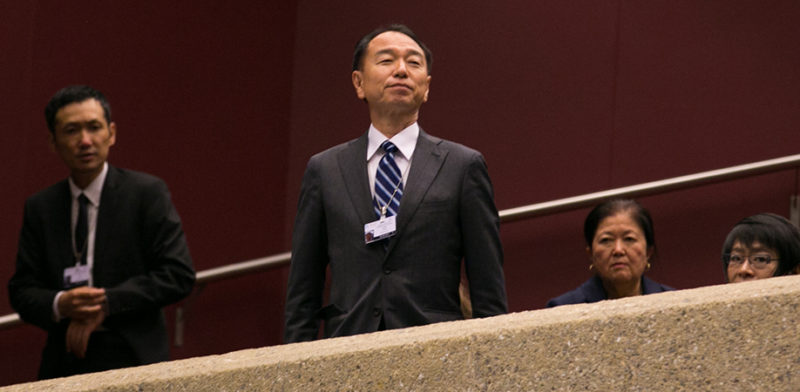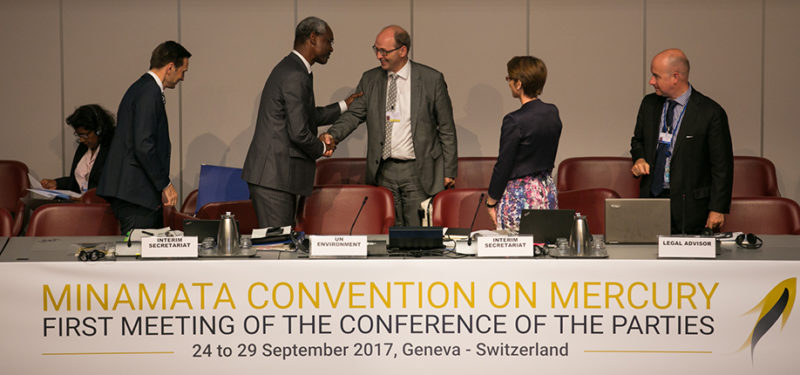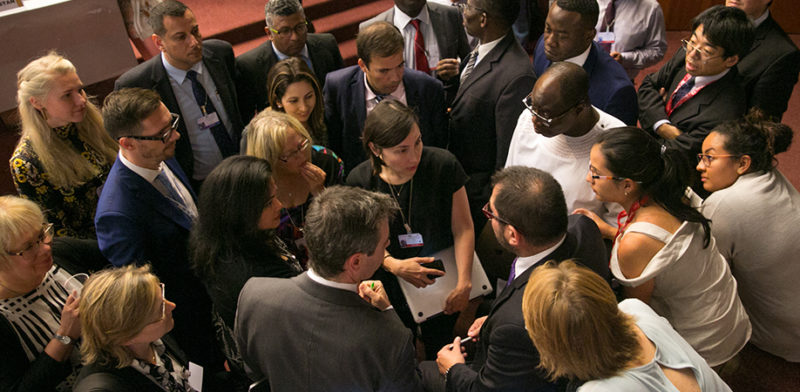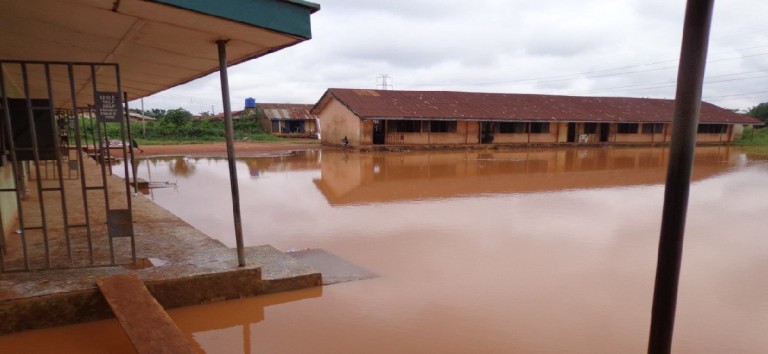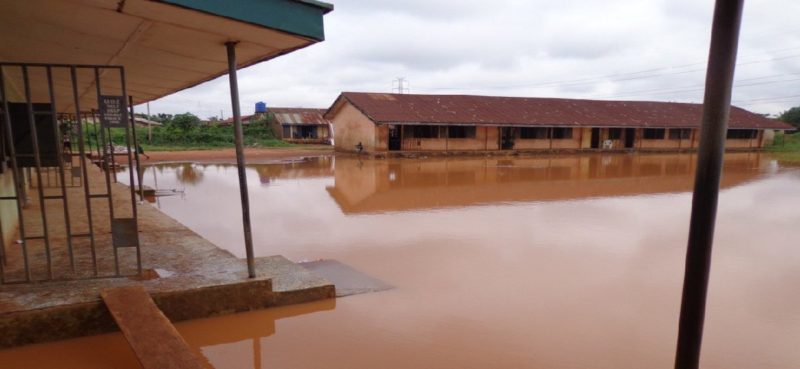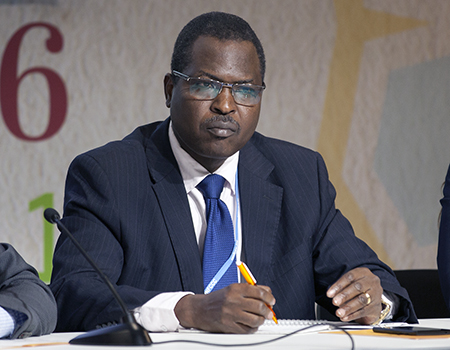Out of the 12 beneficiary nations mentioned in the 11 new projects and programmes approved by the Board of the Green Climate Fund (GCF) at the weekend in Egyptian capital of Cairo, three African countries have emerged lucky recipients.
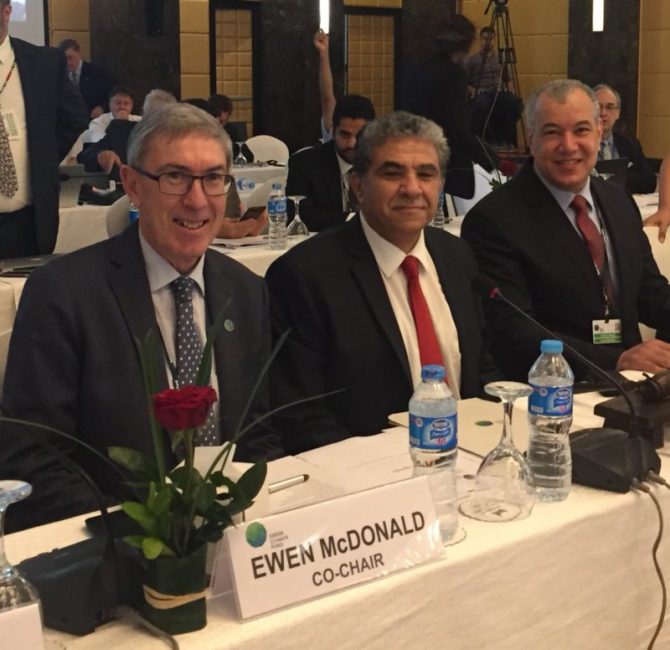
Senegal, Egypt and Ethiopia are getting their fair share from a total $392.86 million in funding to assist developing countries respond to climate change. The 18th meeting of the Board (B.18) approved the funding for 11 climate finance initiatives during a recent three-day meeting.
In Senegal, via a collaboration involving the United Nations World Food Programme (WFP), some $9.98 million will be used to build climate resilience of food insecure smallholder farmers through Integrated Management of Climate Risk.
Egypt, on its part, will work with the United Nations Development Programme (UNDP) to enhance climate change adaptation in the North Coast and Nile Delta Regions. The project is estimated to gulp $31.39 million.
With $45 million in the kitty, Ethiopia, along with its Ministry of Finance and Economic Cooperation (MoFEC), will attempt to respond to the increasing risk of drought by building gender-responsive resilience of the Most Vulnerable Communities.
Other projects and programmes approved at B.18 include:
- $8.65 million for the Renewable Energy Programme No. 1 – Solar in Mongolia with XacBank.
- $110 million for the GCF-EBRD Kazakhstan Renewables Framework programme in Kazakhstan with the European Bank for Reconstruction and Development (EBRD).
- $20 million for Low Emissions and Climate Resilient Agriculture Risk Sharing Facility programme in Guatemala and Mexico with the Inter-American Development Bank.
- $26.56 million for the Bhutan for Life project in Bhutan with the World Wildlife Fund (WWF).
- $17.35 million for the Scaling-up Investment in Low-Carbon Public Buildings project in Bosnia and Herzegovina with the United Nations Development Programme (UNDP).
- $26.91 million for the Sustainable and Climate Resilient Connectivity for Nauru project in Nauru with the Asian Development Bank (ADB).
- $58.53 million for the Implementation Project for the Management Plan of the Lujan River Basin in Argentina with the Development Bank of Latin America (CAF).
- $38.5 million for the Scaling up Climate Resilient Water Management Practices for Vulnerable Communities in La Mojana project in Colombia with the United Nations Development Programme (UNDP).
The Fund’s portfolio now consists of 54 projects and programmes amounting to $2.59 billion in GCF funding.
The 24 members of the GCF Board, who equally represent developing and developed nations, also took a number of key policy decisions to further strengthen the operations of the Fund and its support for high-quality climate finance initiatives. Among these were decisions to approve a simplified approvals process for certain small-scale activities, and to approve a Request for Proposals for REDD+ results-based payments.
Additionally, the Board approved the accreditation of five new partner organisations as Accredited Entities. The newly endorsed organisations, bringing GCF’s total of Accredited Entities to 59, are:
- China Clean Development Mechanism Fund Management Centre (China CDM Fund Management Centre), based in China;
- Department of Environment (DOE) of Antigua and Barbuda;
- Fiji Development Bank (FDB), based in Fiji;
- Palli Karma-Sahayak Foundation (PKSF), based in Bangladesh; and
- Sahara and Sahel Observatory (OSS), based in Tunisia.
“My thanks go to the Government of Egypt,” said Ayman Shasly, Board Co-Chair from Saudi Arabia. “The Board has received a warm and generous welcome in Cairo, and this has resulted in a highly productive and enjoyable meeting. The decisions we have taken here will benefit climate-vulnerable developing countries and strengthen GCF’s role in delivering sustainable climate change adaptation and mitigation outcomes.”
“Cairo has been a great GCF experience,” said fellow Co-Chair, Ewen McDonald from Australia. “Encouraged by a challenge for ambitious outcomes from His Excellency Dr Khaled Fahmy, Egypt’s Minister of Environment, in his opening address, the Board has taken a number of important decisions at this meeting. Notable among these is our approval for a REDD+ results-based payments system which has the potential to make a globally significant contribution to efforts to tackle deforestation.”
More than 300 participants took part in the 18th Board meeting, including observers from civil society and private sector organisations, National Designated Authorities (NDAs), Accredited Entities, and GCF Delivery Partners.
The next GCF Board meeting, B.19, will take place in Songdo, Republic of Korea, from February 27 to March 1, 2018.

